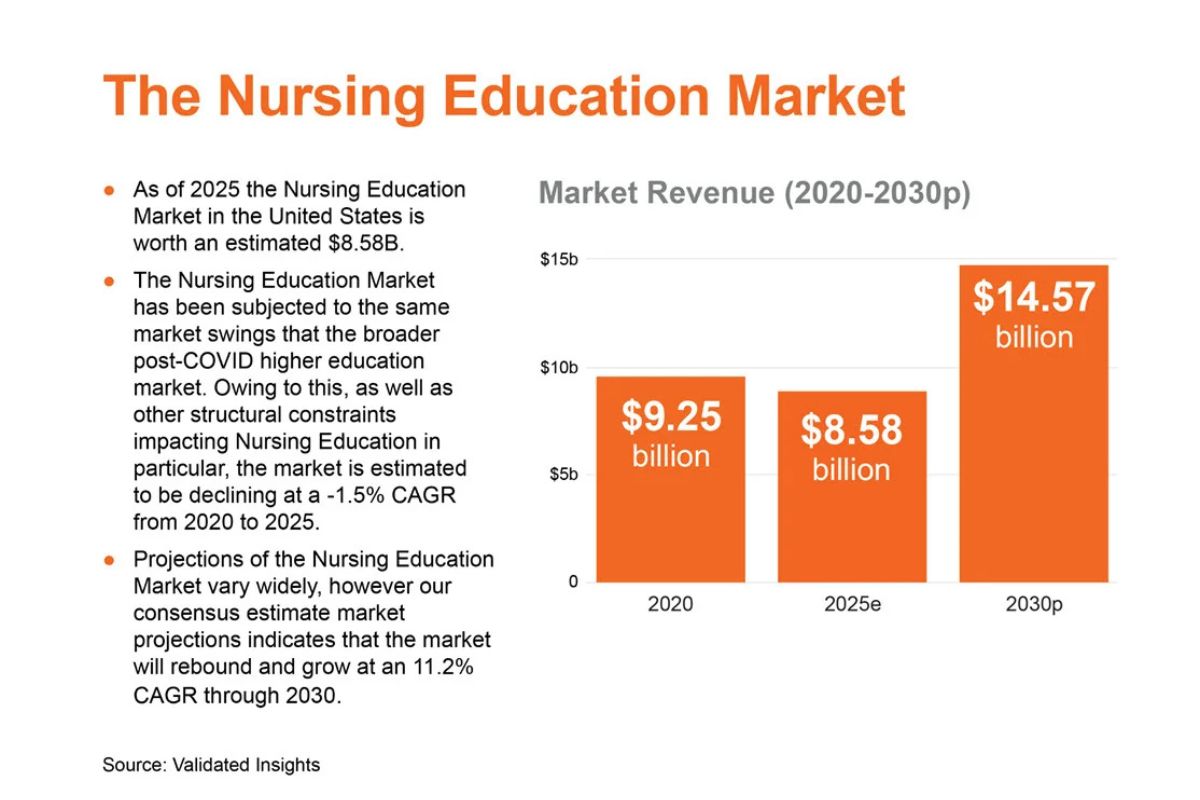The University cost of living package supporting students during their studies

In September 2022, after months of planning and significant financial investment Leeds Trinity University rolled out a package of support measures designed to help students respond to the cost of living crisis. Nine months later, a review indicates that although challenges remain, the measures are having a positive impact on students’ lives.
Since last year, people in the UK have experienced the highest rates of inflation and increases in energy bills for 30 years. This resulted in increased rent costs, mortgages, food and utilities with no equivalent rise in income.
Knowing the crisis was likely to have a serious impact and following the negative effect of COVID on student mental health (where the University’s Student Mental Health & Wellbeing service saw a 68% increase in referrals), Leeds Trinity acted to reduce concerns about student finances.
The University invested £500,000 in a series of initiatives designed to support in areas where students were seeing some of the biggest financial pressures, and where they were most likely to cut back on to their own potential detriment, such as skipping meals or attending on campus less.
Sensitively brought together under the banner ‘Helping you with the cost’, the package includes increased hardship funding, a Grub Hub on campus where students can access free staple foods and hygiene products, support with travel costs and a £2 budget hot meal in the University’s dining room.
In the first six months, over 5,000 budget hot meals were purchased, just under 600 students received free laundry cards and over 200 students collected shopping vouchers. In addition, many have received support with their travel costs to attend lessons and lectures on campus, the Grub Hub has been used extensively and several students have been supported to pay utility bills (outside of larger Hardship Fund payments) to help them remain at university and continue with their studies.
With people from widening participation backgrounds more likely to be affected by the crisis, Leeds Trinity has a significant number of students who meet the criteria due its social mission of empowering people regardless of background to achieve their potential through education.
Toby Chelms, Head of Student Support and Wellbeing at Leeds Trinity University, said:
“Extensive work went into developing the student support package, so it is encouraging to see the uptake and I would urge all students to make the most of what’s on offer and to reach out if they need support ─ we are here to help.
“With no sign of financial pressures decreasing anytime soon, we are already in the process of reviewing the data gathered this year and planning for what our students will need in the 2023/24 academic year to help them to manage the weight of the ongoing challenges.”
Dr Ruth Wilson, Director of Student Support and Engagement at Leeds Trinity University, commented: “The uptake of the ‘Helping you with the cost’ student support package confirms that, in line with current research and our anecdotal experience, students are experiencing phenomenal increases in financial pressures.
“There is more work to do, but it is rewarding to know that our response so far has meant those most in need can eat, pay their bills, travel to our campus, wash their clothes and engage with their course and general studies ─ all basic needs of a human being that shouldn’t have to be sacrificed in order to study.”
Kelsey Howard-Matthews, President of Leeds Trinity Students’ Union (LTSU), added: “We want to keep doing everything we can to help our students with the cost of living. We will keep working closely with the University to learn from our experiences and shape the student support and wellbeing package going forward.
“At LTSU, we are here for our students, the union is run by students and we want to support everyone to reach their full potential. We will continue to encourage students to keep accessing the support on offer to help them with their finances and wellbeing, aiding them to have a positive time in higher education.”











Responses